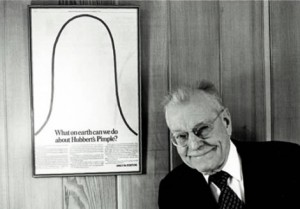Blog #8: Networking 101
Here’s an article that all of us in Comm 101 should take a look at: The Top Eight Rules of Networking, by Kelly Eggers, a regular blogger in FINS finance. True, most of this is common sense, and a select few of us are well-practiced at applying these basic rules in real life, but it does point out a few intricacies such as the differences of how to look at a person during a professional or social conversation.
Interestingly enough, the article also pointed out that business cards are beginning to trump random resume passing. Coincidentally, it seems like I’ve had to hand out more and more resumes whenever I want a job just to get an interview. It seems like you have to know someone in the company for there to be even a remote chance at landing that job. For all those wanting holiday or summer jobs, take note. This is trend that is affecting us now and will affect us in the future: job hiring (and business in general, for that matter) is becoming more and more personal. The sparkly resume simply doesn’t cut it anymore. But hey, I guess that’s why we are all in Sauder, right?
 Comments(0)
Comments(0)


